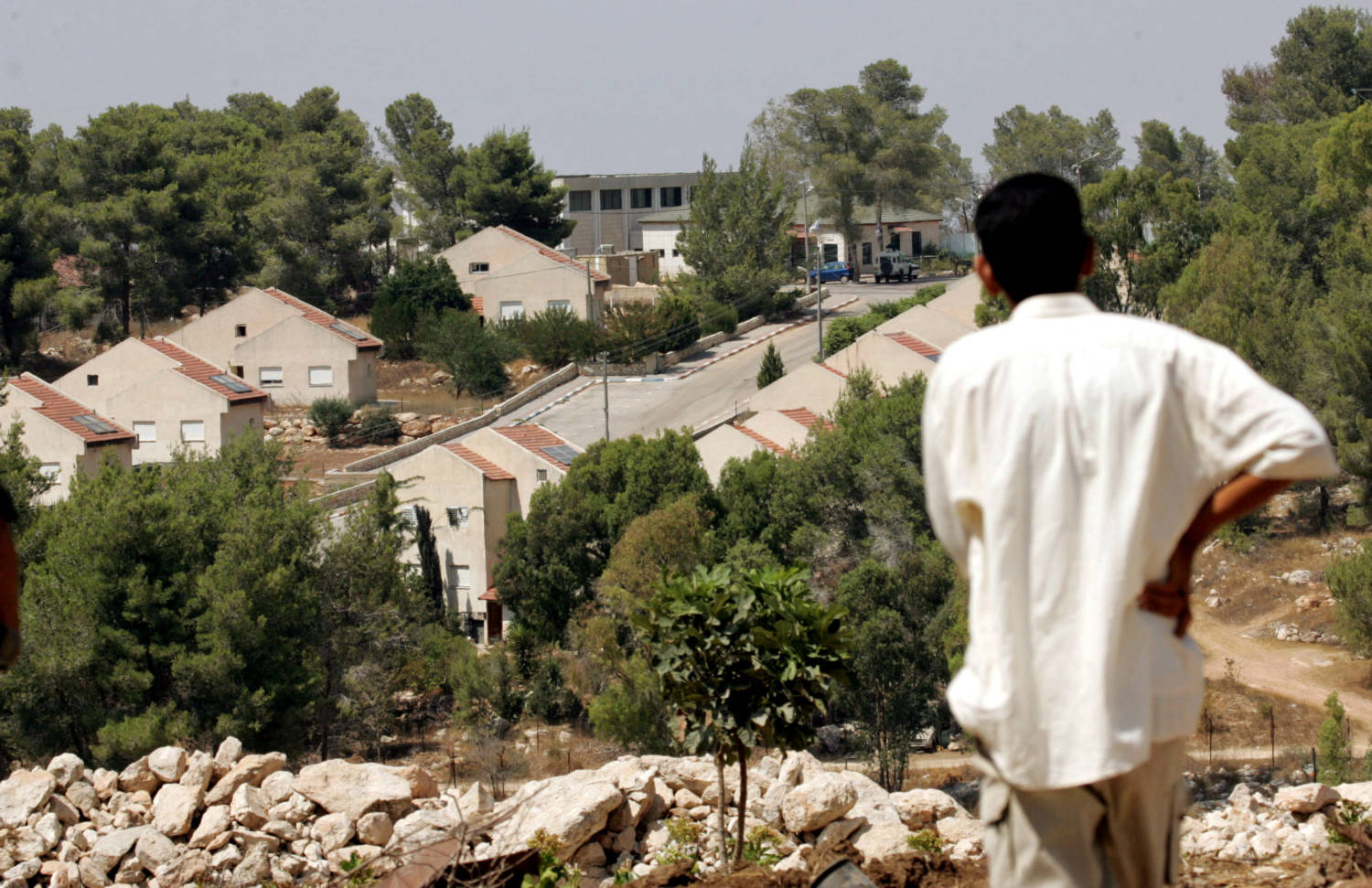By newsroom
Copyright philenews

Israeli authorities have denied entry to two UK Labour MPs who attempted to visit the occupied West Bank for a humanitarian mission, prompting sharp criticism from British government ministers.
Peter Prinsley and Simon Opher were prevented from accessing the Israeli-occupied territory during a visit organised by the Council for Arab-British Understanding to observe medical and humanitarian work by various organisations.
The MPs described Israel’s decision as “deeply regrettable” in a letter detailing their denied access to the Palestinian territory.
UK government condemns Israeli decision as unacceptable
Health Secretary Wes Streeting condemned Israel’s actions, describing the move as “shameful but no longer surprising” in response to the blocked parliamentary visit.
Hamish Falconer, the UK’s Middle East minister, called the denial of access “unacceptable” and confirmed he had maintained contact with both MPs throughout the incident.
“I have remained in contact with both colleagues throughout, and I have been clear with the Israeli authorities that this is no way to treat British parliamentarians,” Falconer said.
Unacceptable that two more British MPs have been denied entry to the Occupied Palestinian Territories by Israel. I have remained in contact with both colleagues throughout and I have been clear with the Israeli authorities that this is no way to treat British parliamentarians.— Hamish Falconer MP (@HFalconerMP) September 16, 2025
The Council for Arab-British Understanding had organised the visit to enable British parliamentarians to observe “vital medical and humanitarian work of a range of organisations” operating in the occupied West Bank.
The West Bank has been under Israeli occupation since 1967. Israeli authorities have previously restricted access to international visitors, including government officials and parliamentarians from various countries, citing security concerns.



